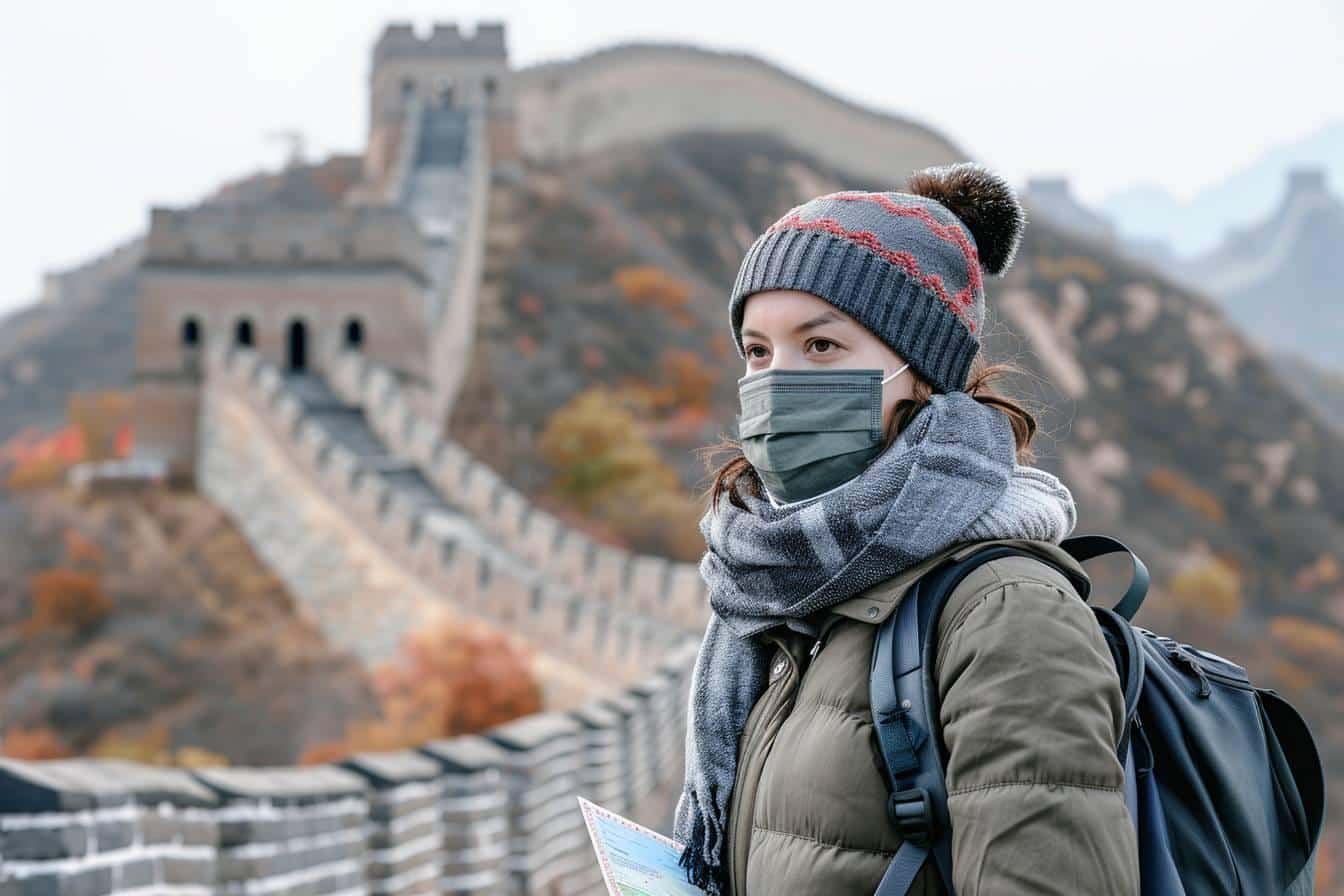The rise of HMPV in China raises concerns among travelers. Chinese authorities claim that everything is under control while alarming images circulate on social media. _The absence of a vaccine_ against this virus increases vulnerability, and reports of increasing respiratory infections fuel fear. _Traveling safely_ becomes a major concern for those looking to explore the country. _The health of citizens and foreigners_ is ensured by the Chinese government, despite international reservations.
Overview
China claims it is safe to travel despite the increase in HMPV cases.
The Chinese Ministry of Foreign Affairs downplays concerns about the virus.
Viral images show hospitals overwhelmed, but the government indicates this is normal in winter.
HMPV, with no vaccine available to date, causes symptoms similar to those of the flu.
Authorities urge hygiene (washing hands, avoiding close contact) to protect oneself.
The CDC emphasizes the importance of taking precautions to avoid the virus.
The WHO has not declared the situation as a public health emergency.
The official position of China #
The Chinese Ministry of Foreign Affairs has stated that the country remains safe for travelers, despite concerns raised by the increase in cases of respiratory illness related to human metapneumovirus (HMPV). Health authorities insist that respiratory infections peak during the winter season, as is often the case in other parts of the world.
Information on HMPV #
HMPV, first identified in 2001, causes symptoms similar to those of the flu, which can lead to serious complications, especially in children and vulnerable individuals. The illness can cause upper and lower respiratory infections, accompanied by coughing, fever, nasal congestion, and difficulty breathing.
À lire Discover the smallest river in France at the heart of one of Normandy’s gems
The lack of a vaccine against HMPV raises concerns, especially in winter. The absence of specific antiviral treatments necessitates preventive measures, such as frequent handwashing and avoiding close contact with sick individuals.
International reactions #
Media from Asia, including India, Indonesia, and Japan, have urged their citizens to be cautious regarding travel to China. Concerns arise following images circulated on social media showing hospitals overwhelmed with patients. The situation recalls tense periods experienced during the COVID-19 pandemic.
Security assurances for travelers #
Mao Ning, spokesperson for the Ministry of Foreign Affairs, stated that the Chinese government takes the health of both citizens and foreigners very seriously. Its commitment is reflected in various initiatives aimed at ensuring the safety of visitors. Authorities also assert that the risk of an uncontrolled outbreak seems limited given the pre-existing herd immunity related to the circulation of this virus in recent years.
Infection prevention #
To protect against HMPV and other respiratory infections, simple actions can help reduce risks. Regular handwashing with soap and water should be prioritized, avoid touching the face, and maintain distance from sick individuals. Adhering to these basic guidelines could ensure a peaceful and safe stay in China.
À lire the United States issues a travel warning for Pakistan following a drone attack in India
WHO Observations #
The World Health Organization (WHO) has not yet classified the situation as a public health emergency. The lack of accurate information on the extent of HMPV in China makes any prediction regarding a pandemic risk difficult. This context highlights the importance of a cautious analysis and a measured approach to this virus.
Experts’ conclusion #
The scientific community is observing the situation closely. Andrew Easton, a virology expert, emphasizes that any change in the infection pattern raises concerns that must be approached with caution. Despite contradictory feedback, current data suggest that the risk for travelers remains minimal.


